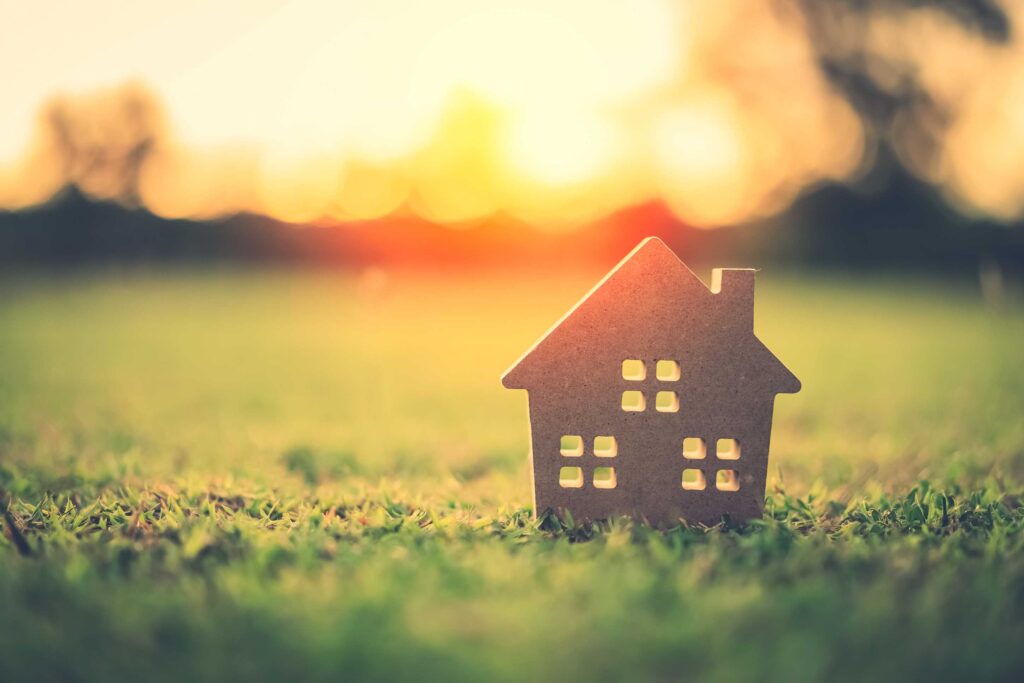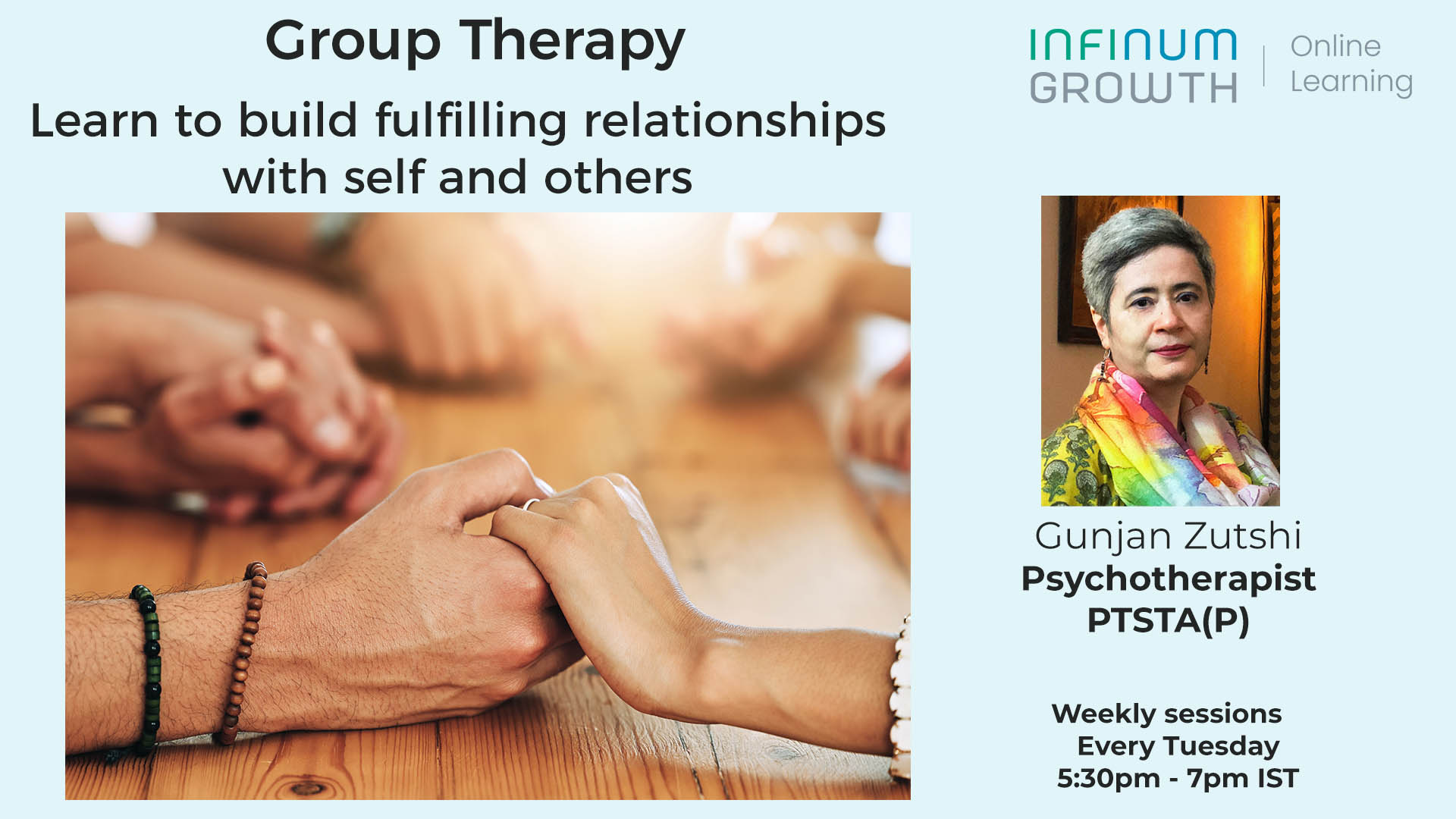‘Mid pleasures and palaces though we may roam, Be it ever so humble there’s no place like home…….’ (Lyrics of a song by John Howard Payne)
Recently, I met a friend after a long time and I asked her, “So where are you living now? Without a moment’s hesitation she said, “In my head.”
This sounded unusual, so I asked, “And what does that mean?”
Her instantaneous response was, “Exactly what I said. I have two permanent addresses. My email id and my mind. I live in them and carry them with me wherever I go. I can be contacted on one and I physically live in the other at all times.”
“If you’re referring to a house of brick and mortar, then that changes all the time, depending on where my work takes me; and where I choose to go. I have lived in more than fifty apartments across the globe and at innumerable hotels.”
I told her I would feel pretty disoriented waking up in brand new surroundings ever so often. I needed stability and continuity, which also meant continuity in my living space and at least some continuity in the people around me.
Her answer was clear, “I find attachment to a geographical location and a house very restrictive. My mind has no boundaries. It gives me the happy combination of stability and freedom.”
Differing definitions of Home
This conversation got me thinking.
I could not see myself living her life. But I could appreciate that she, unlike me and many others, did not have the need to go home to her bed and couch. She was a home for herself; and the external trappings of concrete dimensions made no difference to her.
Freedom and independence, unburdened by mundane chores of running a home, works well for some. Yet, it is also true that there are those who live alone and need to travel, but do not make this choice of living within themselves. At some point they want to go back home.
We hear of people who spend their ‘working’ years far away from the place where they were brought up; but after retirement want to go back ‘home’ to their comfort zone.
A gentleman in his sixties, having lived abroad for years, urged his parents not to update their furniture. In his core, he wanted the security of his childhood home to remain undisturbed in a highly volatile world.
And then there are homes where people have lived over generations. Their very identity is interwoven with the bricks. There is a sense of pride, history, legacy all of which goes into making them the individuals they are.
So what does home mean to people?
I spoke to people of different ages and here are the responses :
“Family, sense of belonging. Refuge, comfort, memories.” “Where I can relax, be myself and feel safe, feel loved and cared for.” “Someone to talk to and share my feelings with”. “Feeling of stability.” “The aroma and taste of home food, trust, relief..” “A place with a breathing living presence.“
It boils down to what resonates with us.
Homes have significant memories attached to them and the heart wants to revisit and relive those moments. I have seen people go back to a place they once lived in and display a totally new dimension of themselves.
A middle-aged lady visited her childhood home. The tactile touch of the rooms and walls that stored her memories helped her reconnect with a lost aspect of herself and she broke into a happy song she had sung as a child. Her difficult years of marriage had stolen her cheer.
Houses change owners; but a home lives inside you
It is a feeling, a concept, which you manifest into the place where you physically stay. Under the current circumstances, where travel is minimised, work and education from home is the new normal and socialising is restricted, ‘home’ is where we are most of the time.
So, how do we make the most of this opportunity, to create a happy space for ourselves and our family.
There is no magic formula, but some basic thoughts can be shared.
1.Create an ambience of peace
A six-year-old was being mischievous and his teacher said she would inform his parents. “No, no. Don’t call them. I am tensioning!” was the child’s response.At that tender age he used the word appropriately; meaning he could actually feel pressure.
There is enough stress and judging outside the home. Don’t add to it in your personal space.
We can begin with ourselves. Just be conscious of the shared space. And remember the cardinal rule – ‘Do unto others as you would have them do unto you.’
2.Set some basic rules for the house
Meals to be had together, no watching the mobile or television at that time; clear up your dishes from the table; don’t litter the common use areas, including living room and toilets; try and keep your room tidy; mind the volume while listening to any device. If followed, these rules help set standards and reduce scope for everyday friction.
Have fun together in the common free time by playing games like carrom, ludo or cards. A family used the dining table as a makeshift table tennis table. Another sent signature video greetings for special occasions with impromptu family concerts.
3.Homes have unique aromas
Make food interesting, not necessarily elaborate. Serve favourite dishes in rotation. Involvement of different members breaks the monotony in jobs such as cooking or laying out the table beautifully.
Specific essential oils, incense, after shaves, perfumes are also associated with home. A gentleman who has been an NRI for three decades uses only sandalwood soap. It’s his memory of home.
Creating a perfect home can be exhausting, mentally and physically. Overlooking a little dust or a room not absolutely spic and span, is well worth it.
4.Multiple definitions of home
The beauty is that each one of us can add something, to how we would like our home to be. It is so personal. You can create it your way, within the walls. But we need to ensure that it does not become an imposition on the others who share it with us.
I am tempted to go back to where I started, with my friend’s view of living ‘in her head’.Having a home of brick and stone and, being free are not really contradictory.
Khalil Gibran explains this so beautifully:
For that which is boundless in you
Abides in the mansion of the sky,
Whose door is the morning mist, and
Whose windows are the songs and the
silences of night.
We are free in spirit. That is our privilege.
Yet, most of us also need brick and mortar to house our physical bodies; where we live together with our loved ones, keep our belongings, create memories, have an address to come back to; and, if the need arises, move on to another address, with the spirit in us as free as ever.
Please do leave your comments at the bottom and do share with others if you like this article.


















